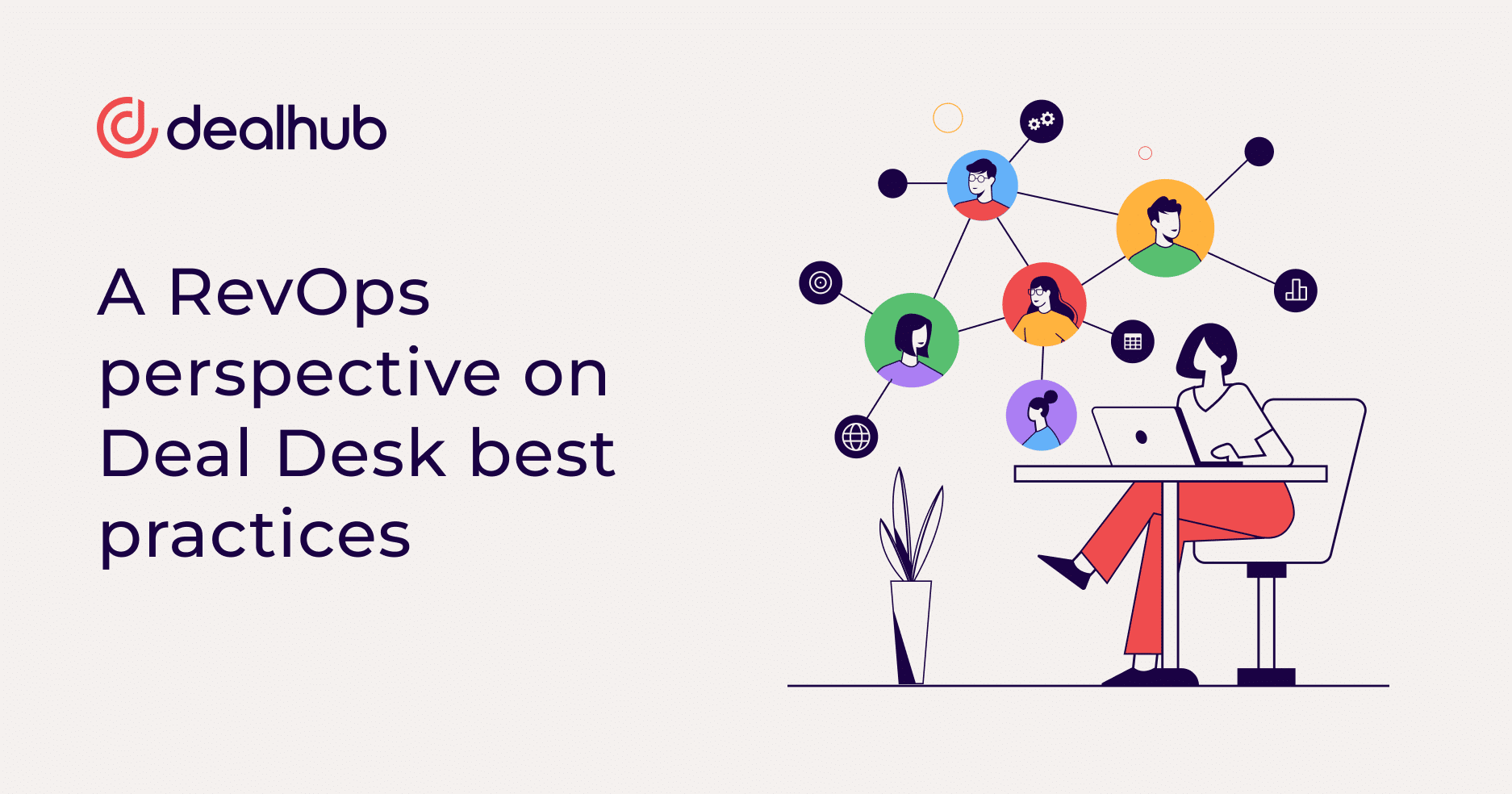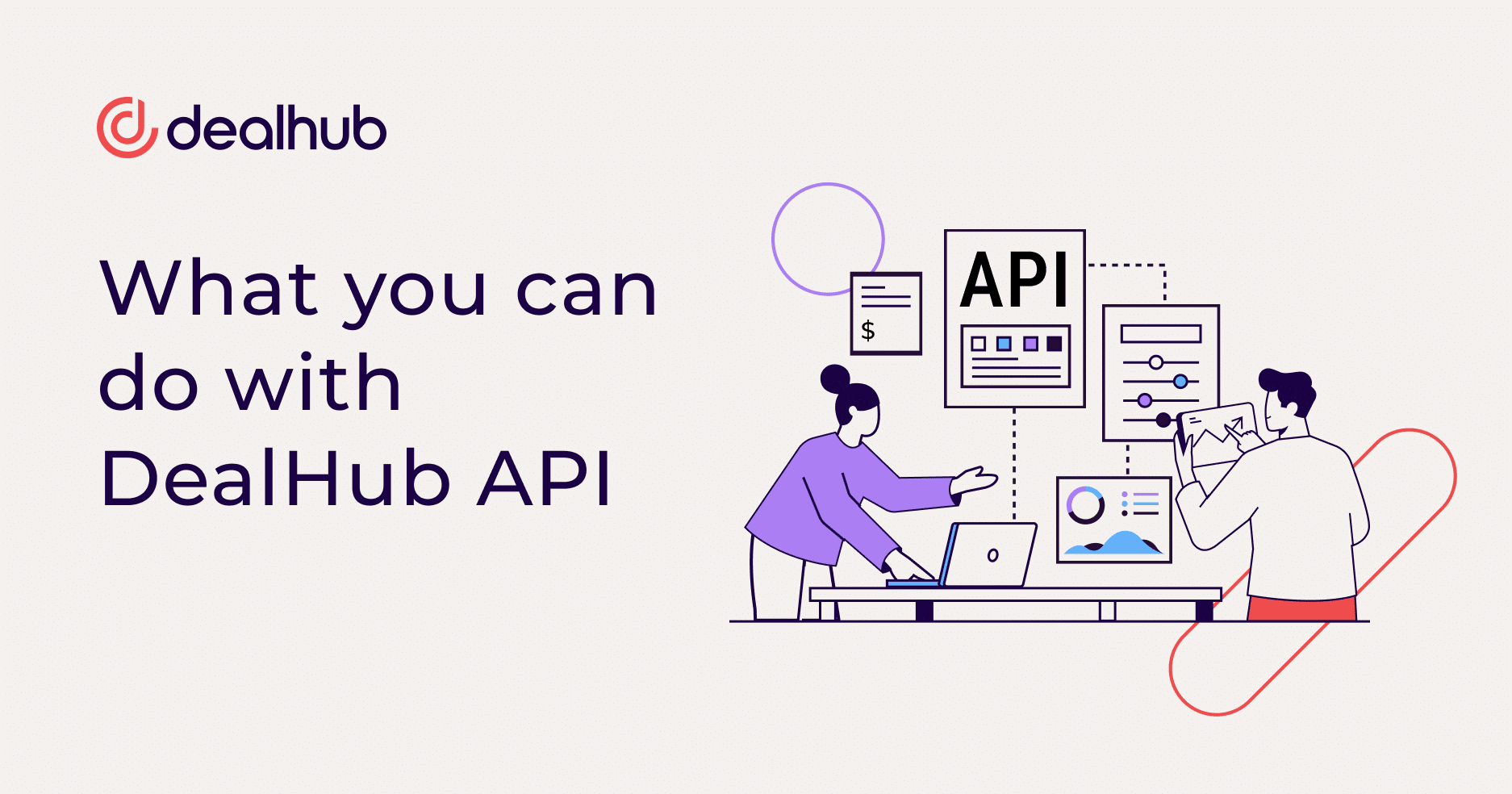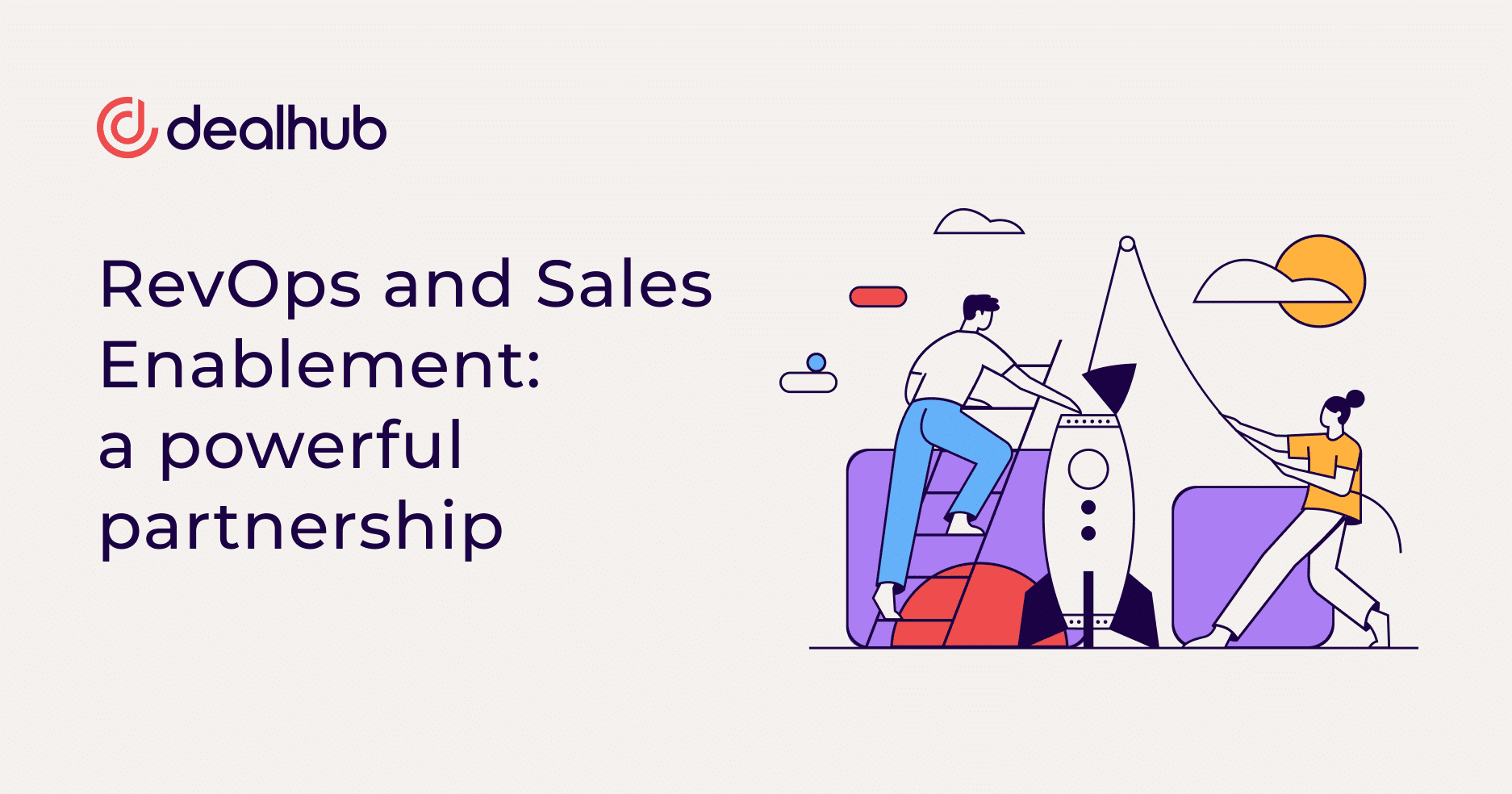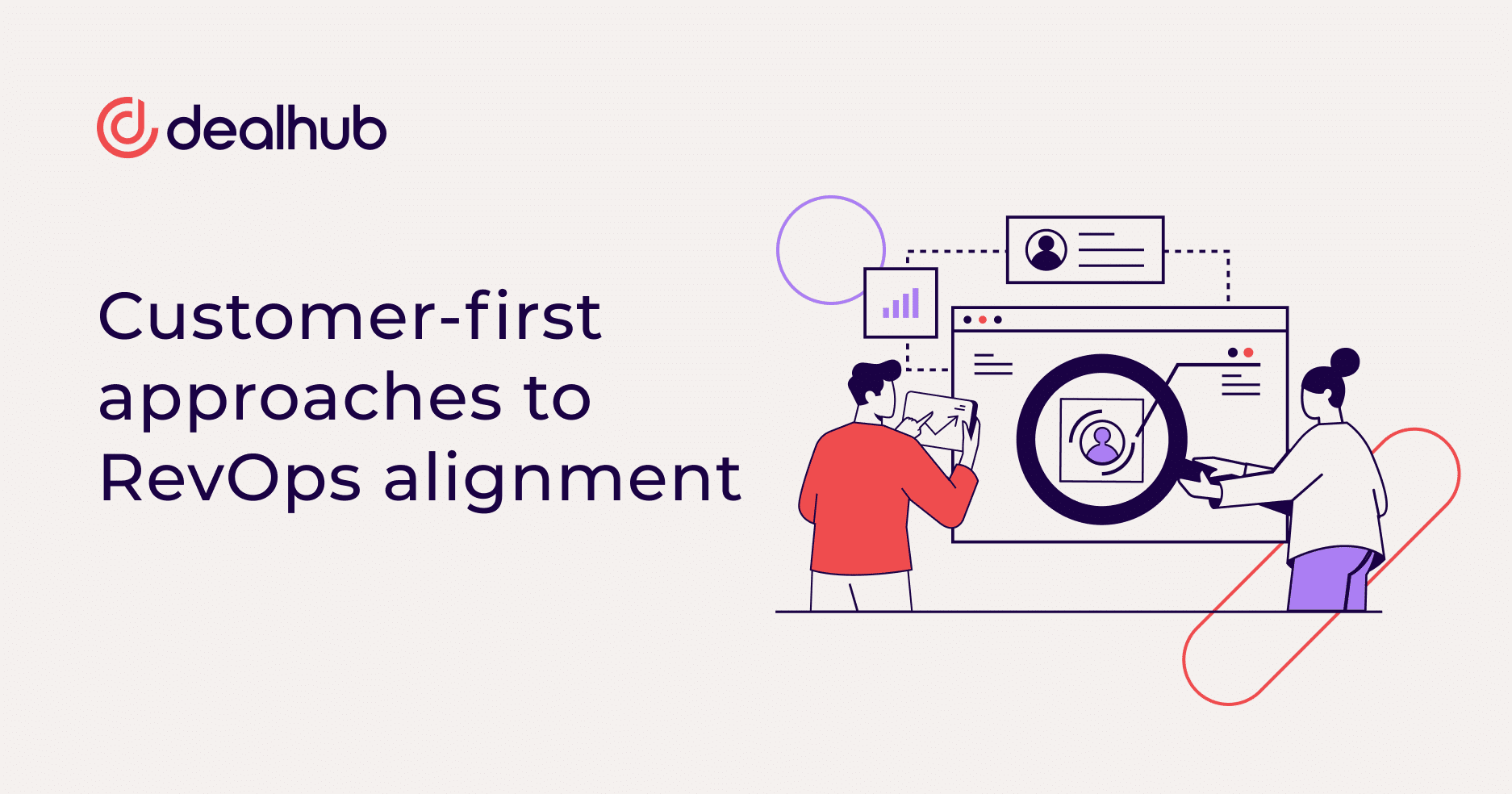Why are we seeing an increase in the demand for Deal Desk professionals?
Mark: Over the past few years, the demand for Deal Desk professionals at SaaS companies has seen a noticeable uptick, and it’s not a coincidence. As the SaaS industry continues to boom, companies face more complex negotiations and transactions. The deal desk folks excel at navigating the intricacies of structuring deals and ensuring all parties involved are satisfied.
One major reason for this surge in demand is the evolving nature of SaaS itself. The industry is becoming increasingly competitive. Companies are no longer just selling software; they’re selling solutions tailored to their clients’ unique needs. This shift demands a nuanced approach to deal structuring, incorporating a deep understanding of both the product and the client’s business.
Moreover, the subscription-based nature of SaaS often involves intricate pricing models, add-on features, and multi-year contracts. Deal Desk professionals are the glue that holds these complex deals together, ensuring that pricing strategies align with the value provided and that customers perceive the offerings as not just cost-effective but indispensable.
What makes a deal ‘worthy’ of a Deal Desk?
Mark: There’s no one-size-fits-all answer to this question. Deal Desk involvement depends on the maturity of the company and the complexity of sales deals. Organizations have individual criteria, but it usually depends on deal size, company size, key stakeholders, and custom clauses, which make deals more complicated by design.
When is a sales organization ready to create a Deal Desk?
Mark: There’s no universal point in time. If an organization identifies an increasing rate of errors in its order forms and a lag in the deal approval process, it’s ready for a Deal Desk team. The bigger issue is determining the point in the sales process where a deal desk becomes involved and comes into play. It can be at the beginning, when first connecting with a high-value prospect, upon signing, or at any other predetermined stage in the deal cycle.
What are some of the main goals for the Deal Desk?
Mark: One of the main goals of an effective Deal Desk is to drive greater knowledge and predictability, which is becoming a very sought-after capability in sales. We all want to make educated decisions. Deal Desk increases transparency, enhances customer experience, and promotes collaboration and accountability. Together, these can be harnessed to shorten the sales cycle, optimize the buyer’s journey, and accelerate deal velocity. It smooths the process of managing complex deals for both seller and buyer.
How does tech empower Deal Desks?
Mark: Tech empowers Deal Desks by providing more insights so more informed decisions can be made. CRM and CPQ solutions can provide Deal Desk professionals with all deal information at a glance and keep all stakeholders fully aware of the process at all times. It can be a treasure trove of data that, when properly analyzed, can provide a lot of insight. On top of measuring performance, tech solutions offer automation of sales playbooks to increase the performance of sales teams and set them up for success.
What should Deal Desk professionals consider when choosing their tech solutions?
Mark: I would recommend considering three main factors:
- Integration – It’s important to check that any potential new tech ‘plays nice’ with other solutions and tools currently used by the company. Without strategic integrations, your solution may generate problems by being another ‘add-on’ and making the process disjointed and cumbersome.
- Scalability – When choosing a tech solution, you want to make sure it’s flexible enough to match your business needs at any given point. You want to know that whatever size of business and volume of deals you have today, your chosen solution can match your needs tomorrow and into the future. Implementing a tech tool and fully training your team to use the system is a long, complicated process, and it should offer scalability so it remains effective long term.
- Ease of use – Sales tech lags behind in digital transformation, but it is catching up. Any sales tech your organization adopts should be quick to implement and easy to manage.
Companies often purchase tech that requires heavy code or dedicated third-party consultants. Get user-friendly and responsive tools. You want to know your team can easily make changes and that your managers can see those changes in real time.
What tip can you share with Deal Desk professionals out there?
Mark: I would encourage Deal Desk professionals to learn more about their organization’s sales, operations, finance, and legal functions and their impact on deal structures. Having a foundational working knowledge of what other departments are doing and how they’re doing it is essential to a successful deal desk process.
Are there any other deal desk best practices you’d like to share?
Mark: There are a few best practices I’ve learned from others in the RevOps community.
1. Understand the value puzzle
Imagine you’re putting together a puzzle, and each piece represents a different aspect of value – product features, customer needs, and competitive positioning. Deal Desk professionals need to grasp the intricacies of this “value puzzle,” especially for high-value deals. Know your product inside out, understand what aspects resonate most with your customers, and be aware of how your solution stacks up against the competition. This way, when structuring deals, you’re not just throwing numbers around; you’re aligning pricing with the unique value your SaaS brings to the table.
2. Collaborate
The deal process is a team sport. Engage with sales, product, and finance teams to gather insights and perspectives. The more you collaborate, the better you anticipate potential roadblocks and find creative solutions. It’s like putting together a winning sports team – everyone has a role, and when you play to each other’s strengths, you increase your chances of victory. So, huddle up with your teammates, strategize, and execute those winning deals.
3. Stay agile in pricing
SaaS is ever-evolving, and so should your pricing strategies. Don’t stick to a rigid set of pricing rules; instead, be agile. Regularly reassess and tweak your pricing models based on market trends, customer feedback, and the competition. It’s akin to navigating a ship through changing currents – adaptability is critical. This agility ensures that your pricing remains competitive and aligned with the value you provide in a dynamic market.
4. Customer-centric deal structuring
Put yourself in your customer’s shoes. Understand their pain points, objectives, and long-term goals. Craft deals that not only meet their immediate needs but also set them up for success in the long run. It’s like tailoring a suit – one size doesn’t fit all. By customizing deals to your customer’s unique situation, you’re not just closing a transaction but building a relationship. And relationships lead to renewals, upsells, and positive word-of-mouth.
5. Document everything
Deal desk professionals are the archivists of the sales world. Every detail of a deal should be documented – the negotiations, the terms, the rationale behind pricing decisions, and any unique concessions made. Documentation serves as a historical record and provides a valuable knowledge base for future deals. It’s like creating a roadmap – the more detailed and accurate it is, the easier it is to navigate the terrain in the future. So, document meticulously; your future deal desk self will thank you.
At DealHub, we’re all about community, and Mark is leading the charge. Be sure to connect with him on LinkedIn and check out our RevAmp podcast for valuable insights from the Revenue Operations community.









